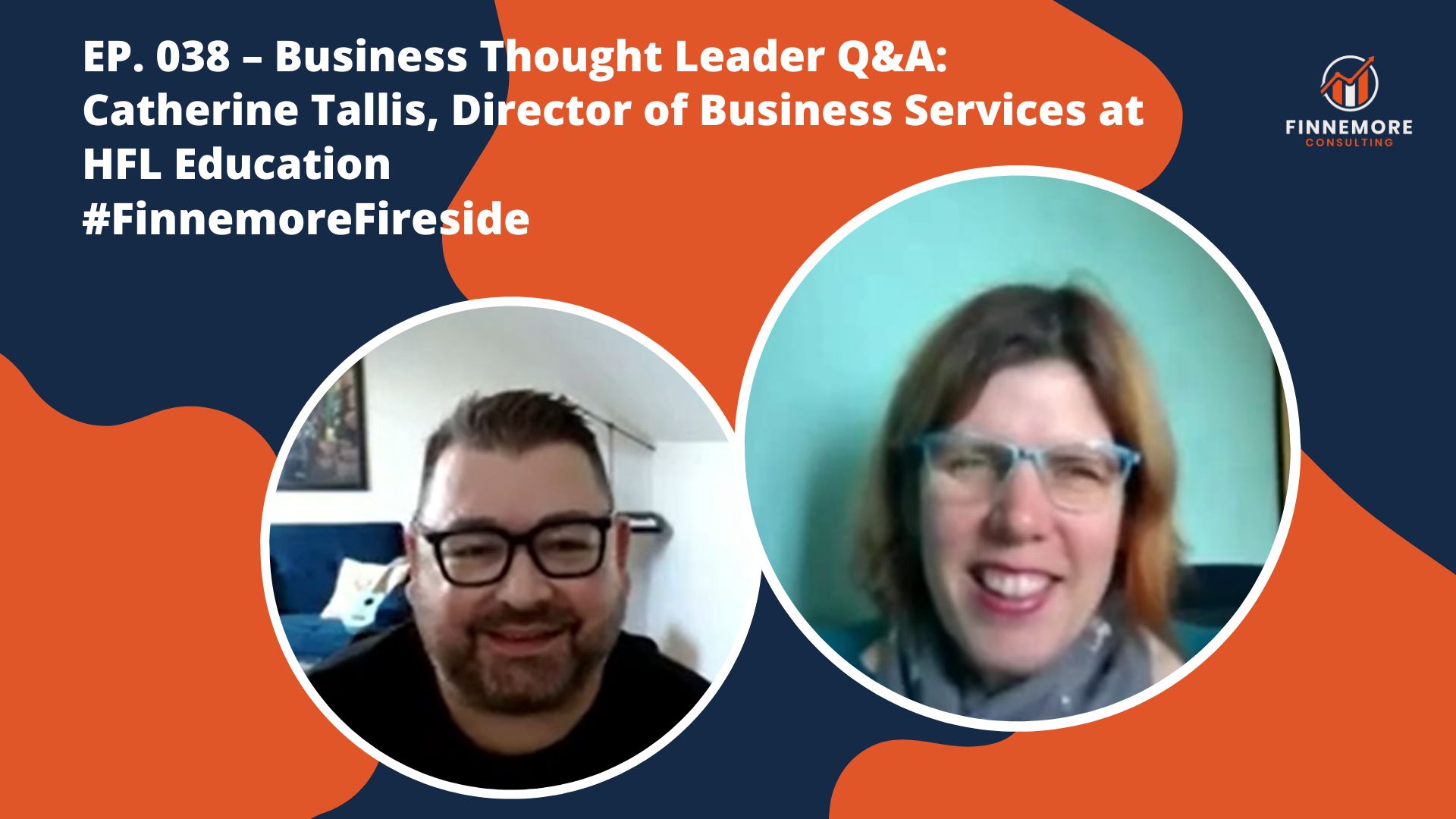As it’s Valentine’s Day it seems only right to tackle the issue of love and, specifically: is your company any good at it? Many, many companies will say they ‘love their customers’ but do they really? Or are they guilty of bad love?
Bad love is where you really absolutely genuinely love your customer . . . based on the fact they provide you with £XX revenue per year. Would you still love them and spend so much time on them if they didn’t provide that income? If you were being honest, would you say it’s the money you love, not the customer?
Good love is where you absolutely genuinely love your customers and if it ends a fruitful financial relationship then great! And even if it doesn’t then your business will still gain in brand and reputation as you build a network of contacts who regard you as helpful, professional, willing to go the extra mile and not just interested in the next order. Yours will be the sort of business they recommend to others even if they don’t need your services themselves right now.
Love your customers for who they are, not how much they are worth to you financially. As with all relationships, the stronger they are the happier you will be.
Happy Valentine’s Day!


